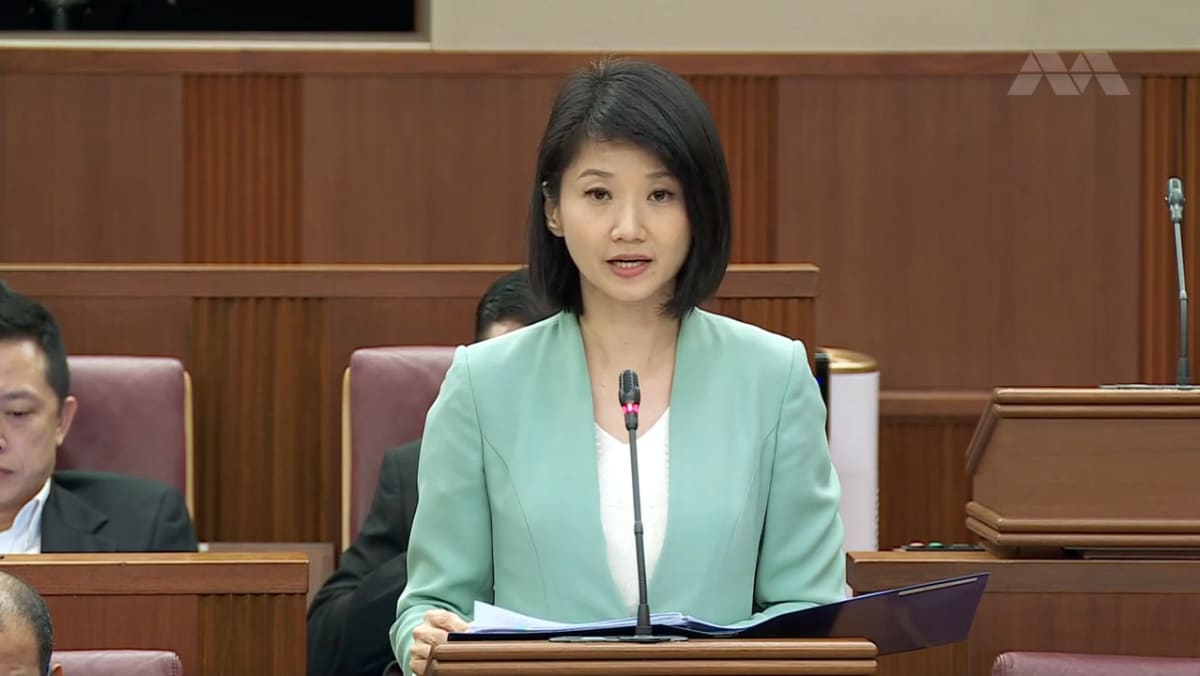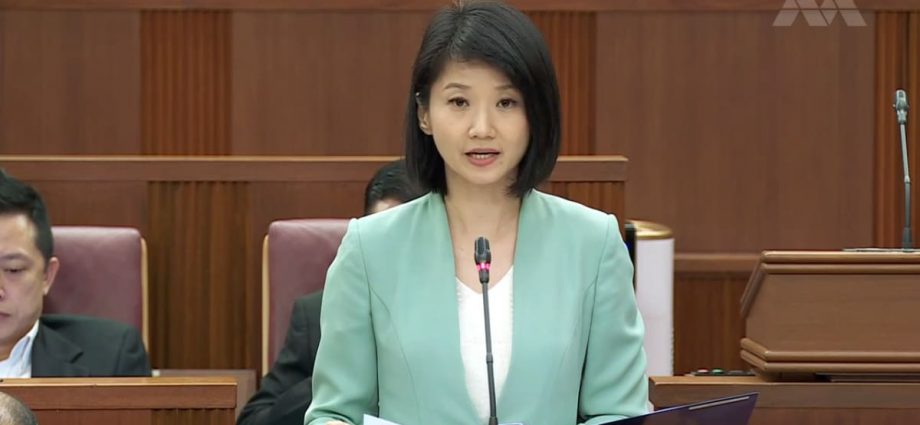
Mr Zhulkarnain also cited a report from last year which said that law enforcement officers in the United States were 54 per cent more likely to die by suicide than the average American – and that they were more likely to die by suicide than in the line of duty.
“We don’t want to be faced with a similar situation here in Singapore,” he said, calling the Marina Bay incident a “tragic case”.
“Every suicide is one too many and I do not wish to trivialise the situation,” Ms Sun replied, although she pointed out that the situation in Singapore was “different”.
She highlighted that the suicide rate among Ministry of Home Affairs staff, which includes Home Team officers, is about half that of Singapore’s national average.
According to suicide prevention agency Samaritans of Singapore, 378 people took their own lives in 2021.
Ms Sun said police officers have access to a 24/7 helpline managed by in-house psychologists and senior para-counsellors.
Home Team officers can also turn to an external agency-administered 24/7 helpline.
“The Home Team makes external counselling services available to all our officers, including frontline officers. The aim is to make it easier for them to access external help,” she said.
“This is confidential and anonymous, and we do not track who attends these services. The external counsellors will activate emergency services if they assess that there could be a threat of harm by the officers to themselves or to others.”
Ms Sun said the police also do not track the number of officers who have sought counselling or para-counselling help, and that officers are not required to report that they sought help. This is to encourage those with problems to come forward.
Police psychologists try to demystify the myths and stigma of help-seeking during their regular mental health outreach to all police officers, she added.
“Officers who seek help are not specifically disadvantaged in their career because they had sought help. They are assessed on their on-the-job performance, and their promotion is based on merit and their potential to assume higher appointments.”
LOOKING OUT FOR RED FLAGS
When it comes to looking out for signs of poor mental health, Ms Sun said Home Team officers go through resilience and stress management training, including the detection of personal distress and suicide prevention.
“Staff feedback is collected through regular staff engagement and pulse surveys, and the concerns raised include issues which officers may face in the workplace,” she said.
“Home Team supervisors are trained with the skills to identify and support officers who need help. This approach and culture have been built over many years.”
When MP Murali Pillai (PAP-Bukit Batok) asked whether the ministry has studied the psychosocial factors that contribute to suicide cases, Ms Sun reiterated that there are regular staff engagement activities in both small and large groups.
“For instance, for myself, I engage officers over breakfast, sometimes 10 people to 20 people, to hear perhaps the tensions or stresses they may be facing to really get ground-up feedback and get a sense of what they’re facing – whether or not it is in their personal lives or what they are facing in terms of their everyday work environment,” she said.
“This is continuous ongoing work and we will need the help of family and friends because family and friends are often the most connected to these officers, and they would know if there are any life-changing events that would throw them off course and lead them to choose a very unfortunate way out.”
PREVENTIVE MEASURES FOR OFFICERS BEARING ARMS
Mr Zhulkarnain also asked about precautionary measures for police and auxiliary police officers who bear arms in the course of their duties.
Ms Sun said these officers undergo security vetting before employment, while all police officers and most auxiliary police forces go through medical and psychological assessments as part of the recruitment process.
“Supervisors engage officers to check on their well-being. Officers are also encouraged to alert their supervisors they think their peers may need help,” she said.
“If officers are assessed at any point to be unsuitable to carry firearms, they will not be issued with firearms and will be redeployed to other duties to allow them to settle down or recover from whatever strains they may be facing.”
In September 2020, a Certis CISCO auxiliary police officer was found dead at an East Coast Park car park with a gunshot wound to his head.
His death was ruled as a suicide, and the security firm has since improved its procedures for tracking issued firearms and ensuring their timely return.
Mr Murali suggesting using geofencing technology to manage auxiliary police officers who leave their posts bearing arms. These officers are usually recruited from a wider background and have static duties, he said.
Ms Sun responded that the Government could “have a think about it”.
“But I think we do have to balance the need for privacy as well as the needs of the job,” she said.

